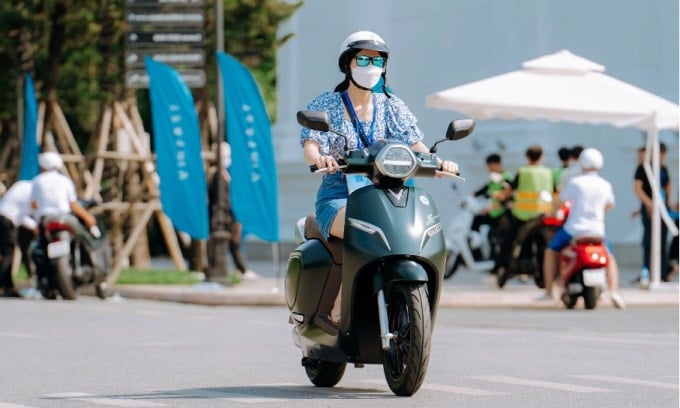
According to Government Directive No. 20, from July 1, 2026, Hanoi will apply a ban on gasoline-powered motorbikes and scooters in Ring Road 1. From January 1, 2028, the restriction will be expanded to Ring Road 2, including a ban on motorbikes and restrictions on private cars using fossil fuels. By 2030, the roadmap will continue to be expanded to Ring Road 3.
Although Ho Chi Minh City has not yet set a time limit for restricting gasoline motorbikes, it is studying solutions to zone and prioritize green energy vehicles. At the same time, it will limit cars and gasoline and diesel motorbikes in areas such as the center of Ho Chi Minh City, Can Gio (old), Con Dao special zone...
The plan to limit gasoline motorbikes in Hanoi and Ho Chi Minh City could create big changes in the motorbike market. These are the two places with the highest motorbike consumption in the country due to the characteristics of the largest population and the most dynamic economic development.
Market shape
In the early 2000s, electric bicycles and electric motorbikes, mainly aimed at students and housewives, were the starting point of the domestic pure electric two-wheeled vehicle market. These vehicles were mostly imported from China with cheap prices and diverse designs. In particular, there were products from Detech, a domestic brand with a factory in Hung Yen.
After 2010, a number of new electric motorbike brands were established, mainly in the North. Unlike the previous "buy-out" style of Chinese companies through small distributors, new electric motorbike brands have a more systematic business strategy when investing in factories, developing a network of genuine dealers, along with warranty and maintenance policies. Names participating in the electric motorbike and electric bicycle segment include Dibao (Taiwan) in 2011, Pega (formerly HKbike) in 2012, DK Bike in 2014, Anbico in 2015.
The electric motorbike market took a big turn in 2018 when VinFast joined the race. The trend of switching to environmentally friendly vehicles in big cities due to increasingly serious air pollution pressure is the premise for companies like VinFast, Selex Motors (2018), Dat Bike (2019) to appear.
In 2019, the world's number one pure electric two-wheeler brand in terms of sales, Yadea (China), entered the Vietnamese market. The company built two large-scale factories in Bac Giang with the ambition of producing 2 million vehicles annually. By 2024, another Chinese electric motorbike and electric bicycle giant, Tailg, will also enter Vietnam and build a factory with a capacity of 350,000 vehicles/year in Hung Yen.
The Vietnamese electric motorbike market is mainly shaped by Vietnamese and Chinese brands. Among them, VinFast, Dat Bike, Selex Motors, Pega are typical representatives of domestic brands.
For decades, Japanese motorbikes with names like Honda, Yamaha, Suzuki have almost completely dominated the domestic gasoline motorbike market. But in the electric vehicle segment, these companies are much slower than their competitors.
Yamaha sold its first electric motorbike Neo's for 50 million VND at the end of 2022. Honda, the company with the largest sales in the Vietnamese motorbike market (over 80%), will not introduce its first commercial electric products until 2024. From April 2025, the Honda ICON e: model (26.9-27.3 million VND) will be available to users. The higher-end product, the CUV e:, will only be available for rent.
Suzuki, SYM, Piaggio, and companies belonging to the Vietnam Association of Motorcycle Manufacturers (VAMM) have not yet released any pure electric models to the market. Piaggio has brought some electric motorbike models to the country such as Piaggio One and Vespa Elettrica but has no plans to sell them commercially.
There are currently no official statistics on annual electric motorbike sales in Vietnam. According to Dat Bike statistics, electric motorbikes currently account for about 10% of the total number of motorbikes in circulation on the market. VinFast is the only company that has announced sales figures. In 2024, the company sold nearly 71,000 vehicles, equivalent to about 3% of the sales of gasoline motorbikes (5 VAMM members - 2.65 million vehicles). According to statistics from the International Council on Clean Transportation (ICCT), in 2020, domestic companies accounted for about 70% of the market share of electric motorbikes in Vietnam, of which VinFast was the leader.
With a variety of brands, the Vietnamese electric motorbike market currently has many different options in terms of design and price range. The cheapest models on the market cost from 10-12 million VND. Some high-end models cost from 60 million VND or more.
New policy to promote electric motorbikes
According to industry experts, the roadmap to ban gasoline motorbikes in some areas following the roadmap of Hanoi, and possibly Ho Chi Minh City, will create many big impacts on the Vietnamese motorbike market. Because motorbikes are still the most popular means of transport for people, based on the cost of ownership suitable for the majority, habits formed over decades, infrastructure and flexibility.
According to ICCT's research in 2022, two-wheeled vehicles account for about 72.6% of people's travel needs in Hanoi, the figure in Ho Chi Minh City is 82%. Motorcycle sales in 2024 of the 5 companies under VAMM are about 2.65 million units, more than 5 times higher than cars (data from VAMA, Hyundai and VinFast).
The ban on gasoline motorbikes will force people to adjust their travel habits, or consider switching to pure electric vehicles. "This means that sales of gasoline motorbikes will decrease and electric motorbikes will have the opportunity to reach more users," said a long-time expert in the motorbike industry in Ho Chi Minh City.
Honda, the leading two-wheeler manufacturer in Vietnam, said the Hanoi government's decision had a major impact on the company. The capital is Honda's largest market, accounting for about 8-9% of its annual sales, or more than 190,000 vehicles. The Japanese company's sales in 2024 were 2,147,025 vehicles.
"The transition to environmentally friendly vehicles in inner-city areas, especially densely populated areas like Ring Road 1 in Hanoi, poses many significant challenges," said a representative of Honda Vietnam.
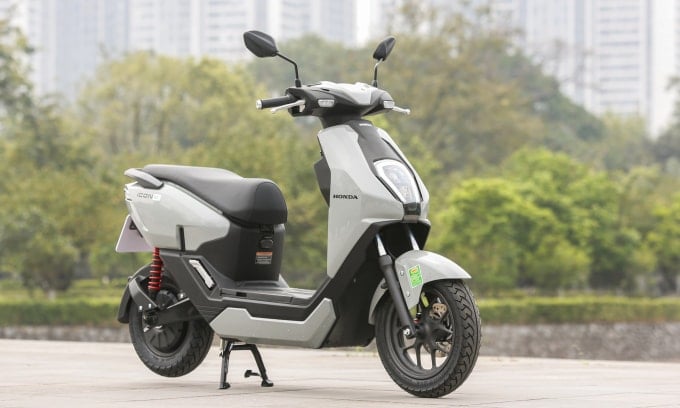
According to the Japanese company, a large number of internal combustion engine vehicles in circulation will need to be replaced in a short time, causing great financial and logistical pressure. The infrastructure to serve new vehicles is still inadequate, especially the charging station system, while concerns about fire safety, especially in old residential areas, still exist.
Honda recommends that, to ensure the transition is effective and sustainable, more time is needed to perfect the technical standards system, appropriate support policies, as well as renovate and develop infrastructure to meet practical requirements.
Apart from Honda, other car manufacturers that started out manufacturing gasoline-powered motorbikes have yet to make any clear moves in response to Hanoi’s motorbike ban. A representative of Suzuki Vietnam said that next week, VAMM members will meet in person to agree on the optimal direction for the transition to green vehicles.
Currently, the Government has no support policy for electric motorbikes. Meanwhile, for electric cars, the biggest incentive is exemption of registration fees until February 28, 2027. This policy has been implemented by the State since March 1, 2022.
In the roadmap to ban gasoline motorbikes, Hanoi is studying a mechanism to support the exchange of about 450,000 gasoline-powered motorbikes of people living in the first ring road. The capital's government is also considering issuing a policy to support almost all costs related to the conversion, such as registration fees and new electric vehicle registration fees. In addition, it is planning additional charging areas for cars, electric motorbikes and other clean energy vehicles.
Regarding the charging station system for electric vehicles, currently only VinFast has invested the most, spread across the country. The remaining companies sell electric vehicles mostly for customers to charge at home. Dat Bike is a rare motorbike company besides VinFast that invests in charging stations, but the number is still modest and only in Ho Chi Minh City.
HA (according to VnE)Source: https://baohaiphongplus.vn/thi-truong-xe-may-dien-truoc-cu-hich-lon-416538.html




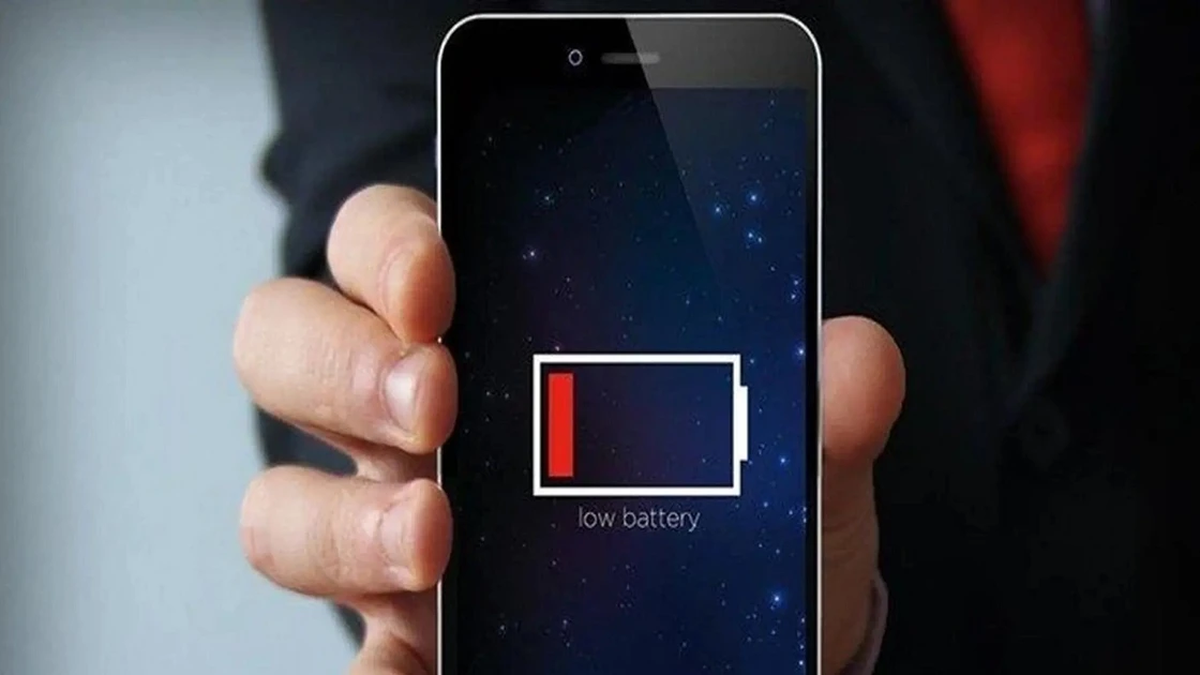

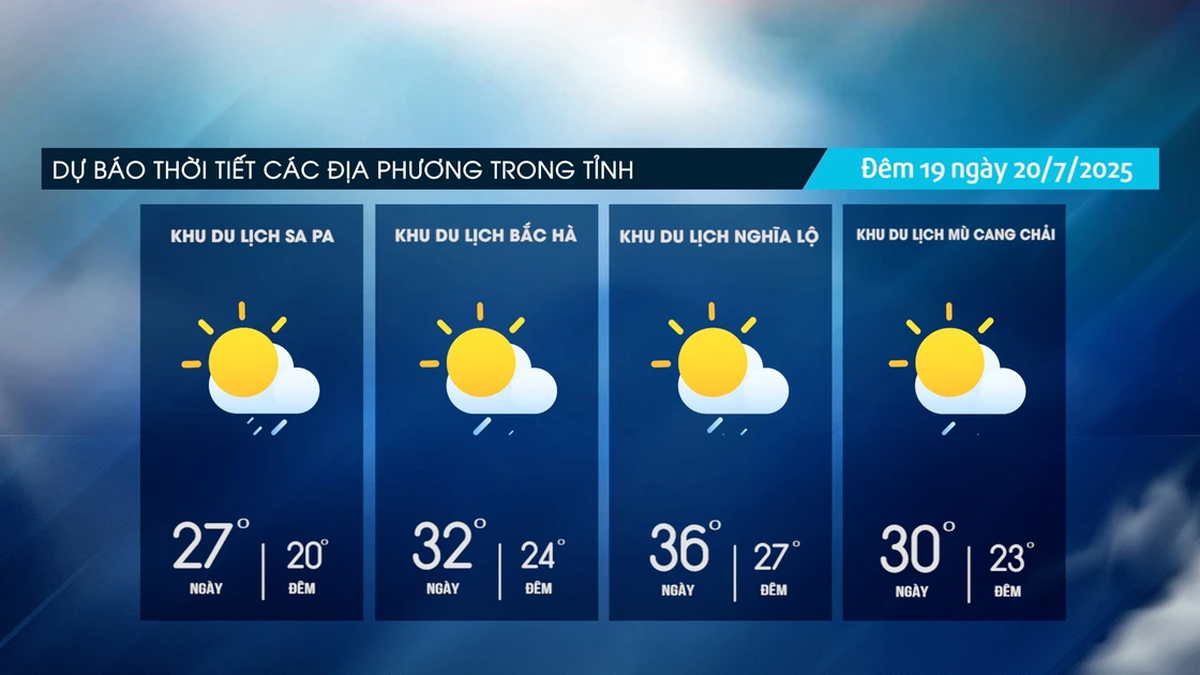


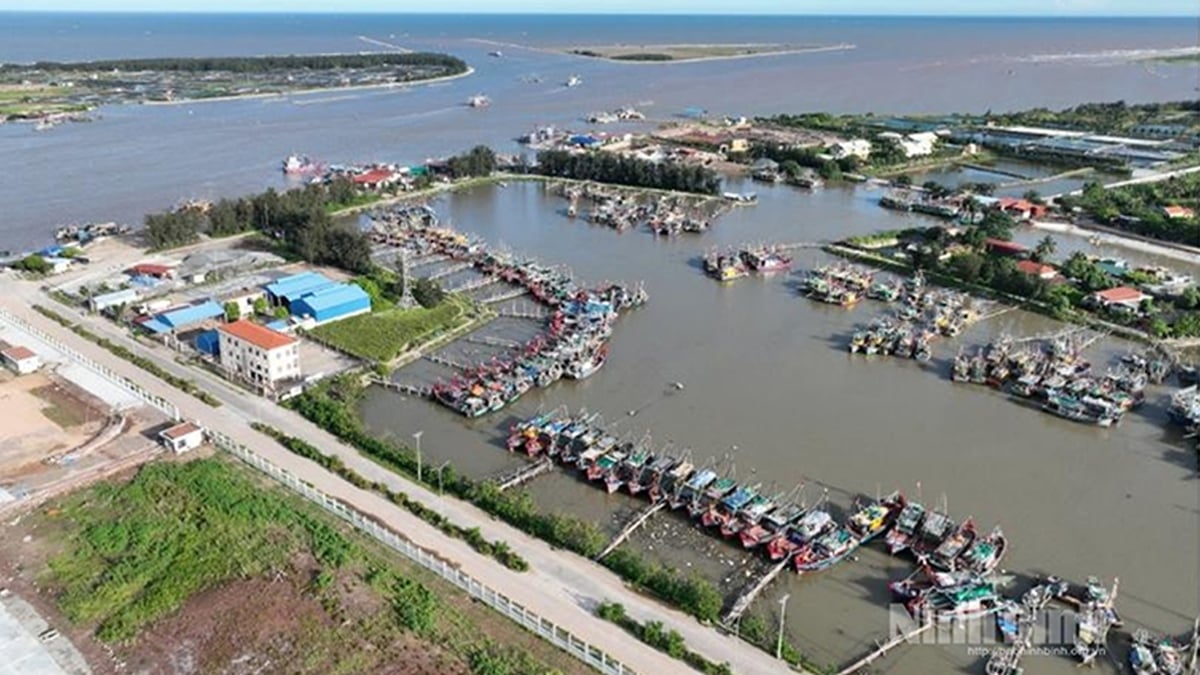
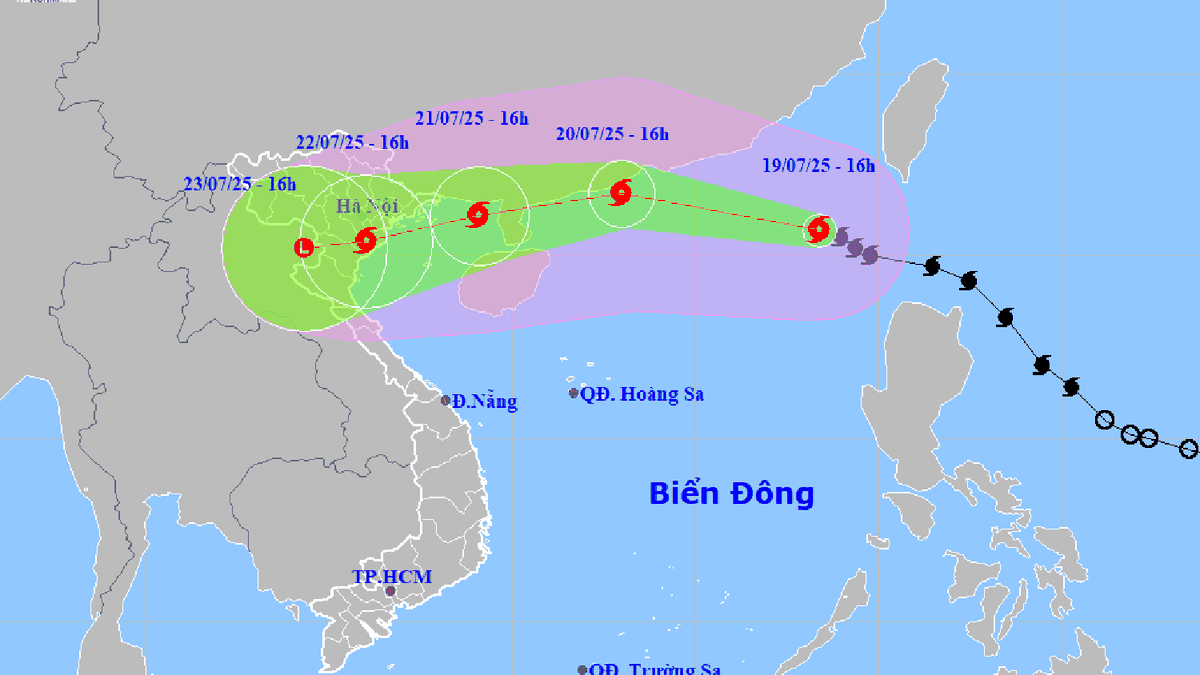
























































































Comment (0)